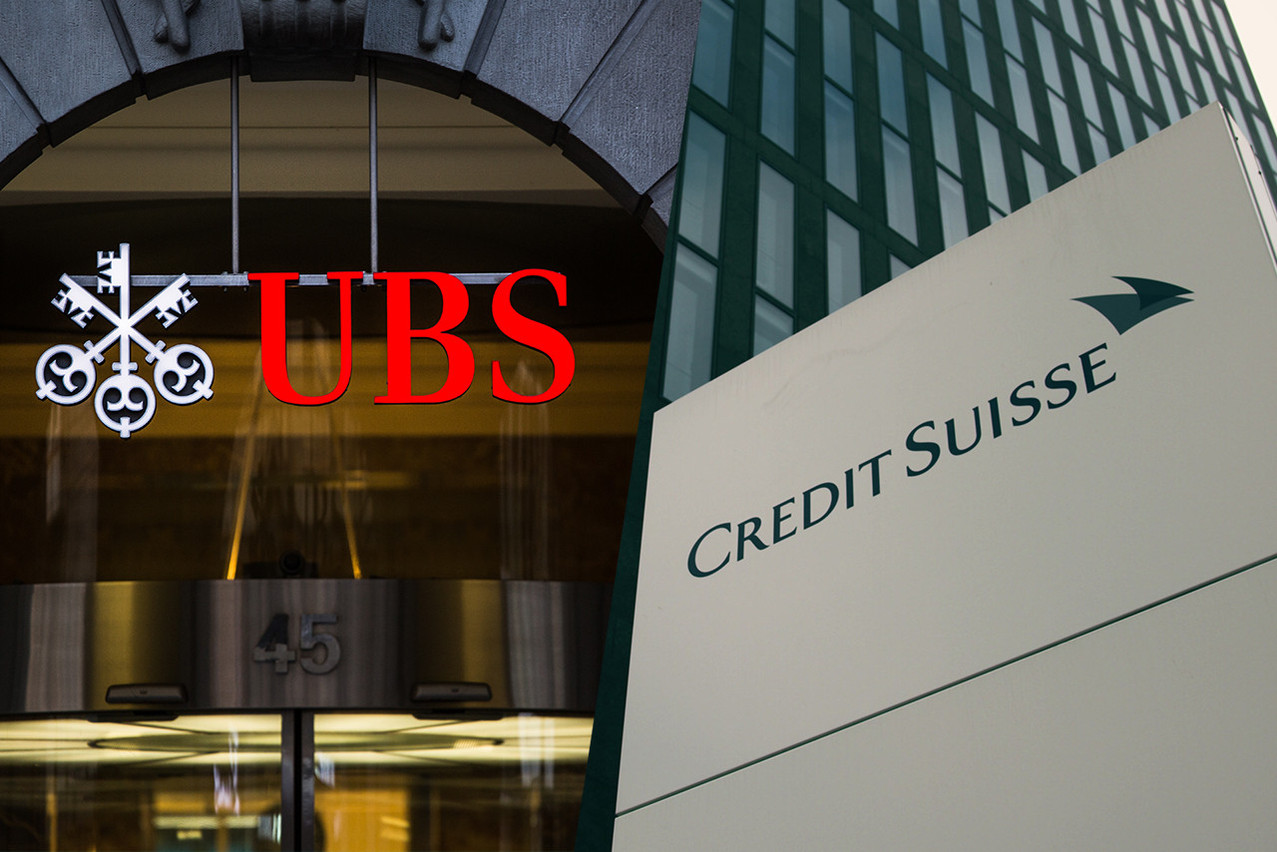UBS, Switzerland’s largest bank, has finally agreed to buy its rival Credit Suisse for a final sum of CHF 3bn (€3.04bn). This removes the spectre of a total or partial nationalisation, as Bloomberg had suggested in the event of failure. On the evening of Sunday 19 March, the president of the Swiss Confederation Alain Berset confirmed the deal. The price is a fraction of Credit Suisse’s closing price on Friday, with UBS now paying 76 cents per share in treasury stock, well below Credit Suisse’s closing price of CHF 1.86 (€1.88) on Friday.
Credit Suisse has been in deep trouble since 14 March and the . The client drain is said to have cost €10bn in deposits a day in the past week. “Too big to fail”: the bleeding had to be stopped. The Swiss National Bank first agreed to inject CHF 50bn (€50.5bn), but this was not enough to stop the downward spiral and raise the prospect of contagion.
“An emergency rescue”
By Saturday, negotiations had begun with UBS. The negotiations were urgent, since they had to be concluded before the opening of the stock exchanges on Monday 20 March. “This acquisition is attractive for UBS shareholders, but let’s be clear, for Credit Suisse this is an emergency rescue. We have structured a transaction that preserves the remaining value of the business while limiting our downside exposure,” said Colm Kelleher, chairman of UBS, in a statement issued by the bank.
The SNB announced that the two banks have liquidity “up to a total of CHF 100bn through a loan covered by a bankruptcy lien. However, Credit Suisse will not be able to pay any dividends during the period of the state support.”
This story was first published in French on . It has been translated and edited for Delano.
